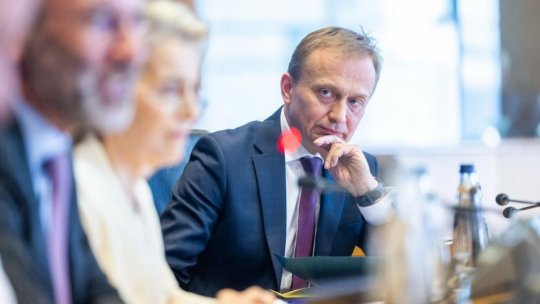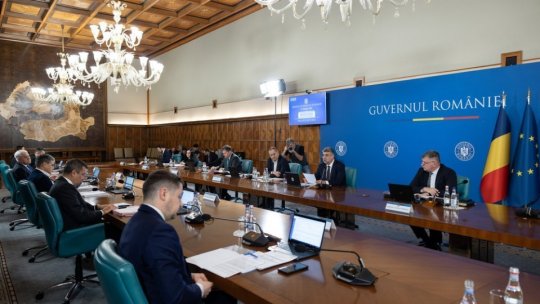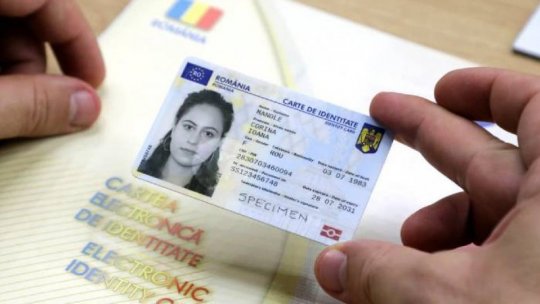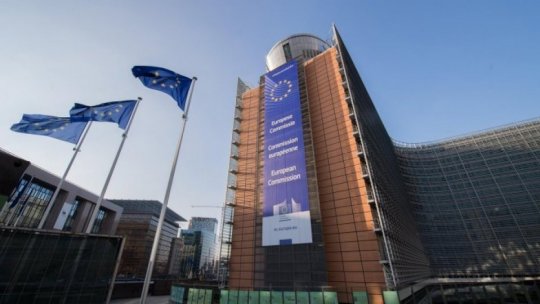The ratification of Moldova’s Association Agreement with the EU
The ratification of the Republic of Moldova’s Association Agreement with the European Union is seen as a historic event in Chisinau.
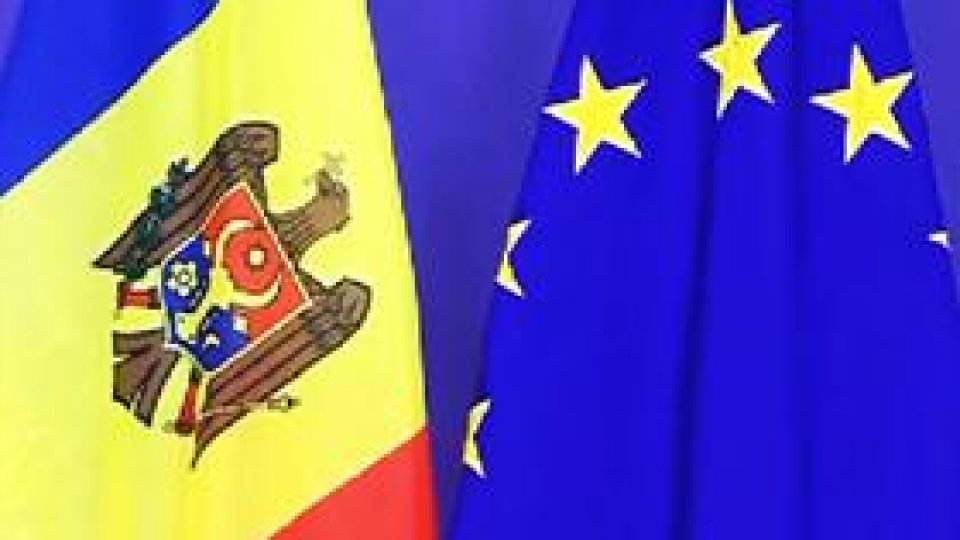
Articol de Radio România Internaţional, 14 Noiembrie 2014, 15:28
All eyes in Brussels were on the Republic of Moldova on Thursday as the European Parliament ratified this country’s Association Agreement with the European Union, with a large majority.
The agreement, which also includes a deep and comprehensive free trade area, covers the entire territory known as the Republic of Moldova.
The break-away Transdniester in the east of the country is an integral part of this territory and must be subject to the agreement, the European parliamentarians underlined during the debates.
They also called on the European Union to play a more active role in finding a solution to the Transdniester problem.
The president of the European Parliament, the Social Democrat Martin Schulz has promised that Brussels will try to diminish the effects of Russia’s ban on the import of food products from Moldova as a result of Chisinau’s moving closer to Europe.
“It is not against Russia. It is for cooperation between Moldova and us. And therefore we take very seriously the circumstances and I want to express quite clearly: it is absolutely unacceptable to impose economic sanctions because a country which is also in the neighbourhood of the Russian Federation wants to decide to cooperate with us.
"Since when, I raise the question, is cooperation with the European Union something against Russia? So therefore, you see, we stick to our promises and we welcome as European Union the decision of Moldova to join the Association Agreement”, Martin Schulz said.
The ratification of the agreement by the European Parliament followed the approval of a report by Petras Austrevicius, a member of the Alliance for Liberals and Democrats for Europe.
A citizen of Lithuania, a country that chose to join the European Union and NATO after freeing itself of the Soviet occupation,
Austrevicius told Radio Romania’s correspondent in Brussels that Russia should stop dreaming about the past, when the European Union and Russia were partners.
He said the situation is different now, something which should be openly acknowledged.
This is why, says Austrevicius, the ratification of the agreement comes at the appropriate time.
In Bucharest, the Romanian foreign ministry says the association deal again recognises the pro-European path taken by the Republic of Moldova.
A constant supporter of this country’s European future, Romania believes this is the only path that guarantees Moldovan citizens a dignified, democratic and prosperous future, a foreign ministry press release also writes.
Bucharest also hopes that the ratification process will continue at a fast pace and be finalised by all EU member states as soon as possible.
On July 3rd, one week after the agreement was signed in Chisinau, Romania was the first state to ratify it, just as on the 27th of August 1991, it was the first state in the world to recognise the independence of its new neighbour on the very day it was declared.

